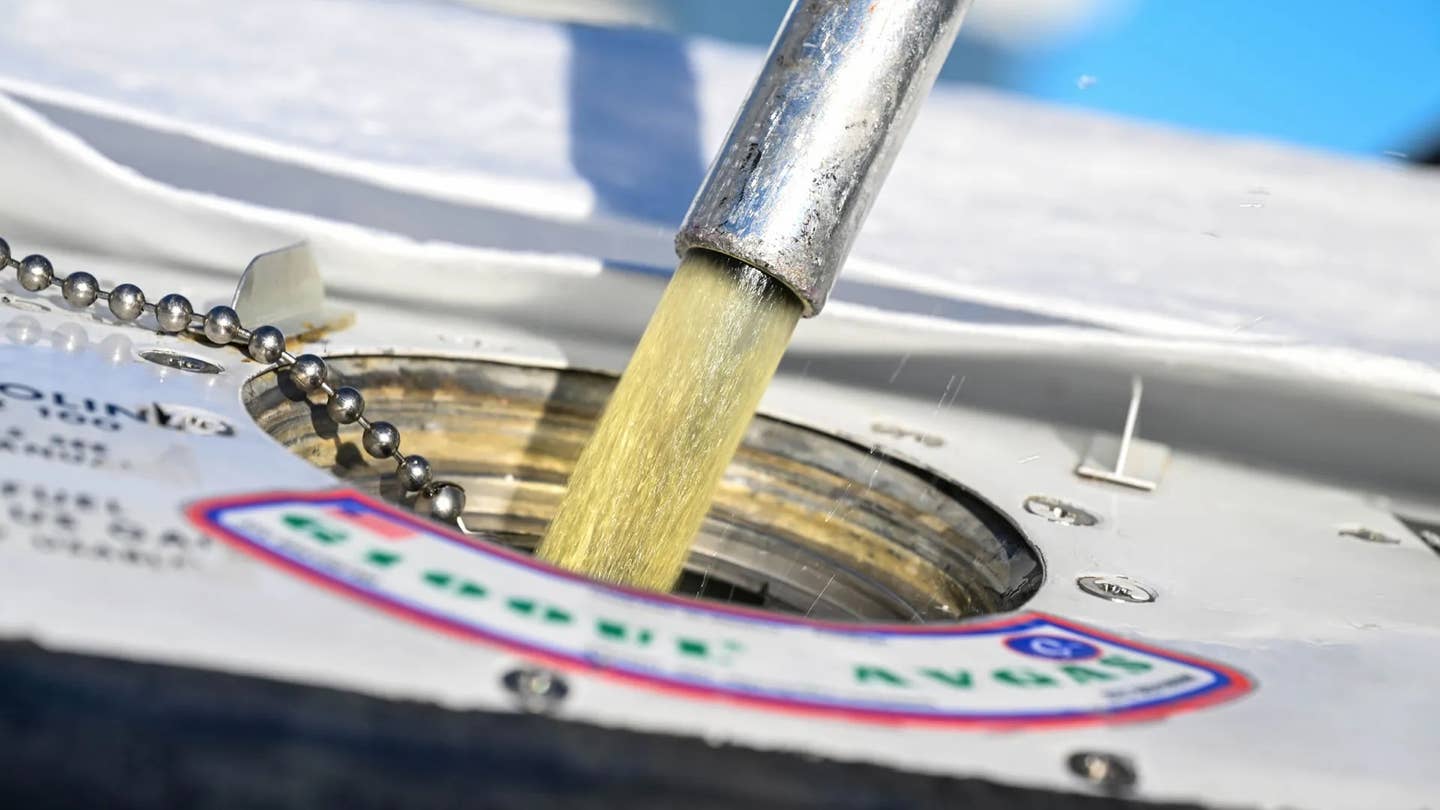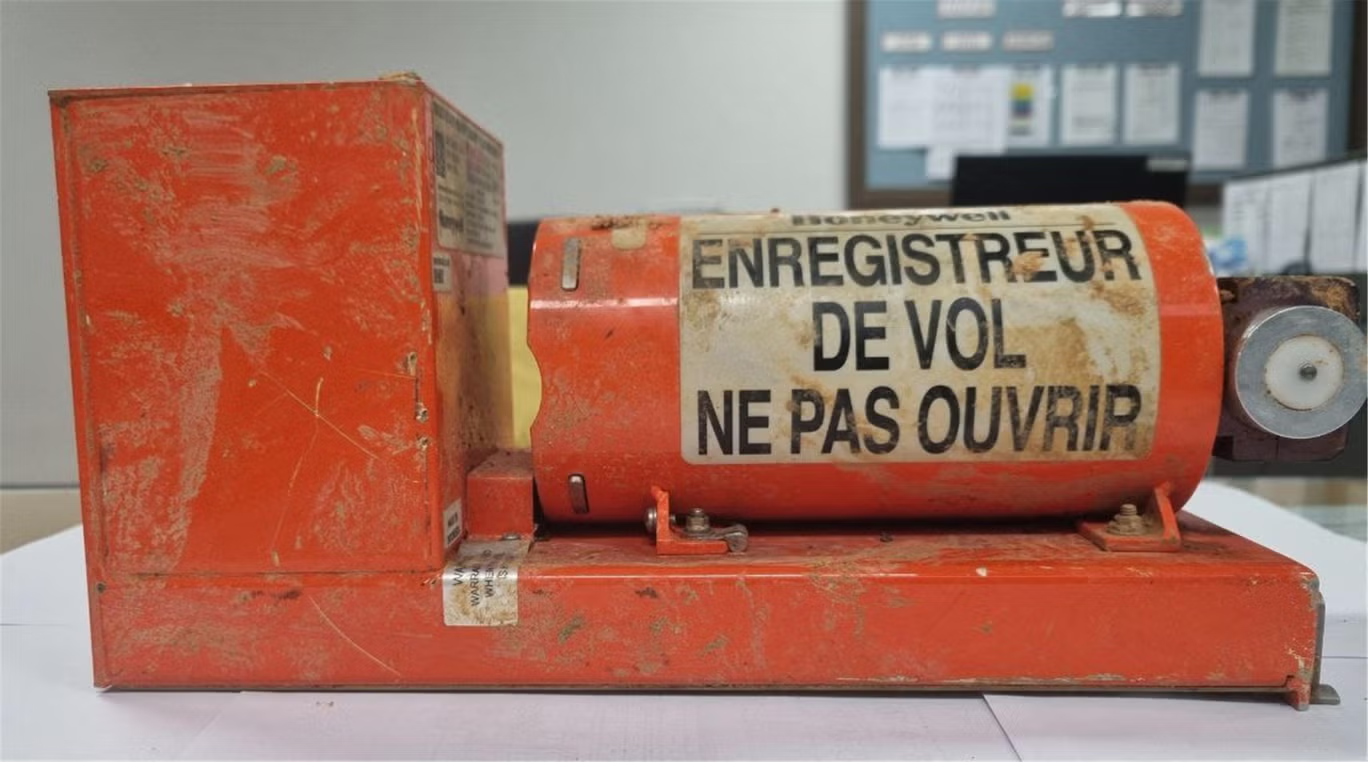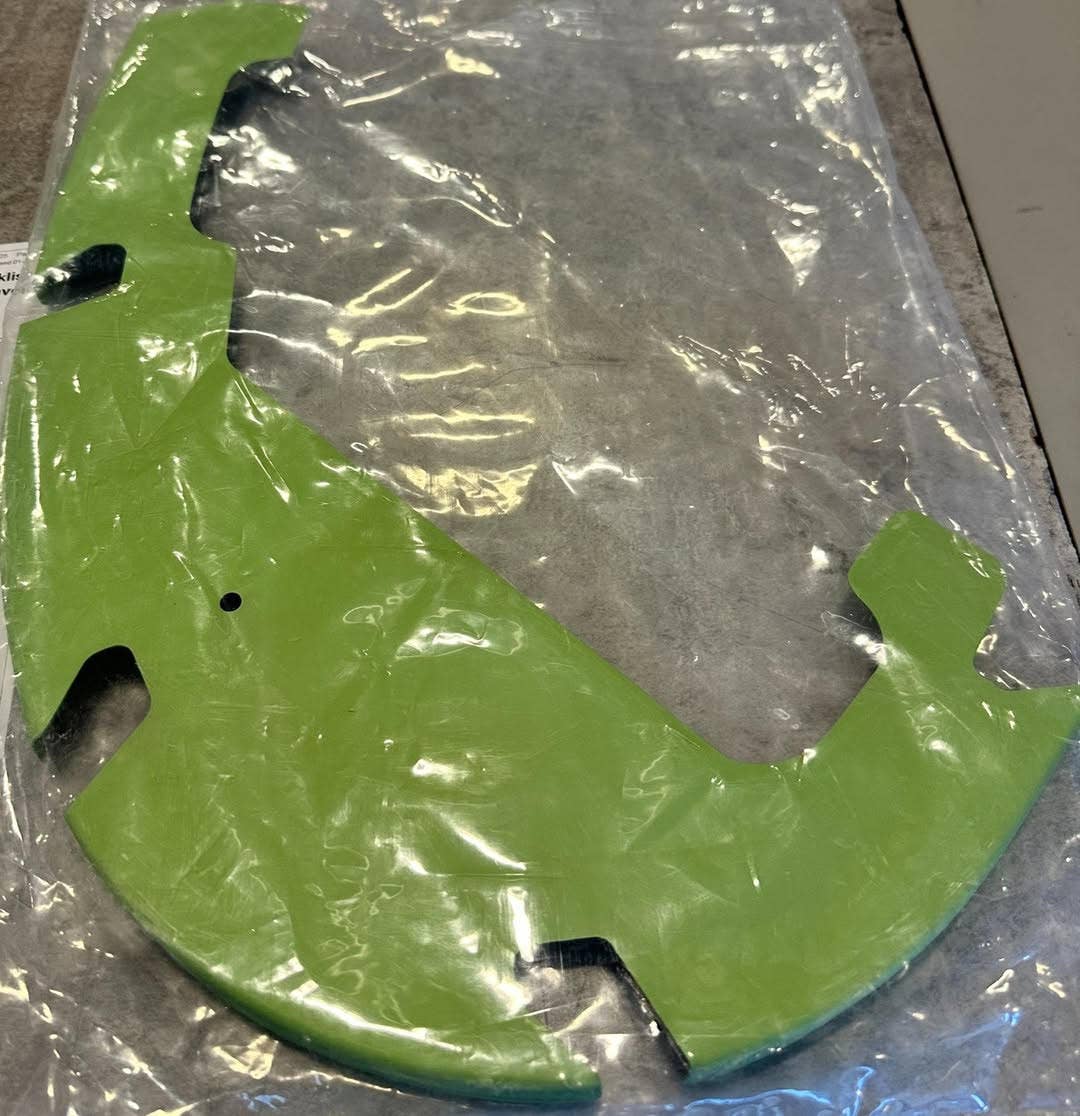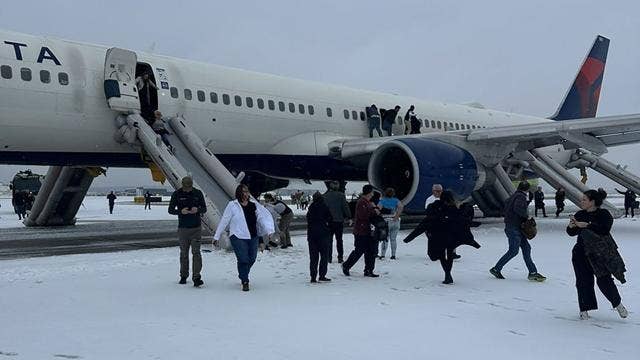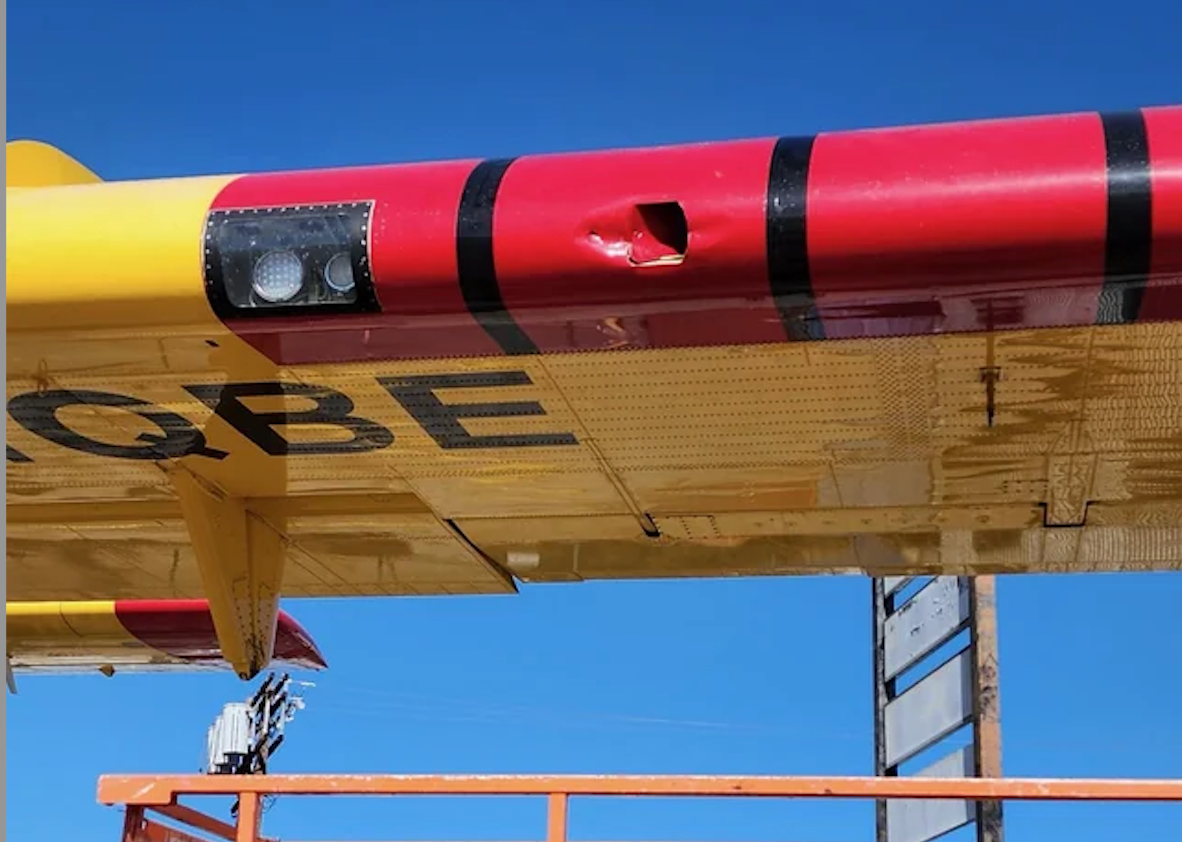VP Racing Responds To Fuel Suitability Comments (Corrected)
VP Aviation is discounting discussion on forums and comments that its proposed unleaded fuel won’t be suitable for big displacement engines, particularly radials. VP Aviation’s fuel, which is being developed…

VP Aviation is discounting discussion on forums and comments that its proposed unleaded fuel won't be suitable for big displacement engines, particularly radials. VP Aviation's fuel, which is being developed in partnership with Lyondell/Basell, is the last one going through the FAA's Piston Aviation Fuel Initiative (PAFI) which, if successful, will lead to a "fleet authorization" permitting its use in all gasoline-powered engines.
In a detailed explanation issued to AVweb (copied in full below) VP Aviation Director of Research and Development Mark Walls said his company's UL100E hasn't been fully tested on radial engines so "there is no evidence to support the claim that UL100E, or any other 100-octane unleaded fuel, has insufficient detonation resistance to safely operate in these engines and aircraft." He also said testing in "a Continental TSIO-520-VB, TSIO-550-K, and Lycoming’s TIO-540-J2BD show that UL100E has similar detonation resistance to 100-octane 100LL under most conditions tested." He did not say under what circumstances its detonation resistance differed from 100LL.
Walls reiterated a theme coming out of the PAFI process that VP Aviation's fuel might not be a completely universal drop-in replacement for 100LL. "Since several engines were developed when 100/130 leaded fuel was available, it is possible that a small number of these engines in the GA fleet will need either mechanical modifications to accommodate any unleaded fuel or changes in the aircraft POHs to stay within safe operating conditions," he said.
Walls stressed that the comprehensive nature of the FAA/PAFI process is designed to ferret out those discrepancies and suggested the STC process completed by General Aviation Modifications Inc. (GAMI) and Swift Fuels is less thorough. "The comprehensive FAA PAFI testing program is designed to proactively define these limitations and implement the required modifications and communicate this to general aviation community," Walls said. "The fuel producer-designed and executed STC testing programs offer no such assurances."
The original version of this story incorrectly identified VP Racing's spokesman as Mark Ward. His name is actually Mark Walls. We regret the error.

